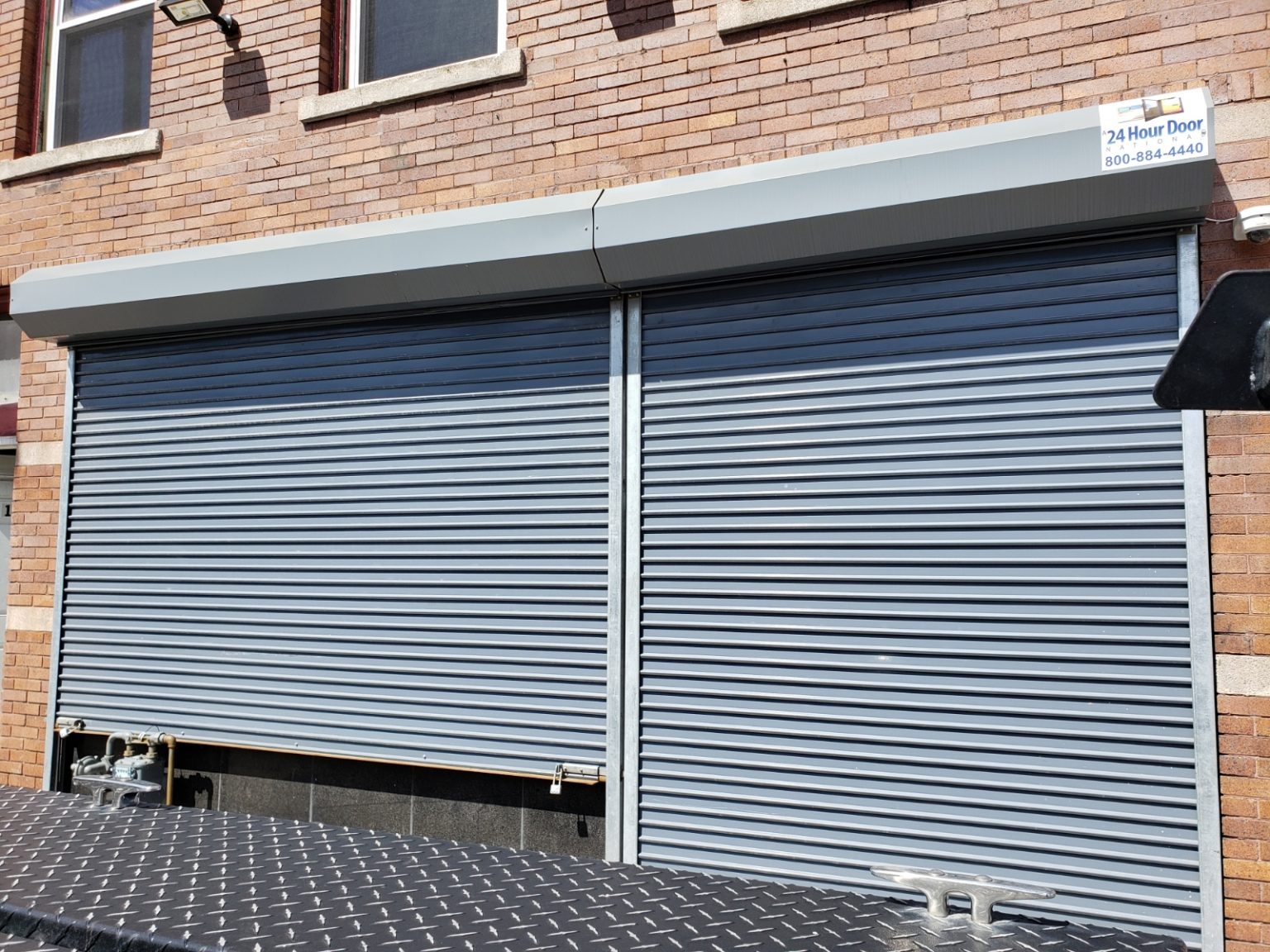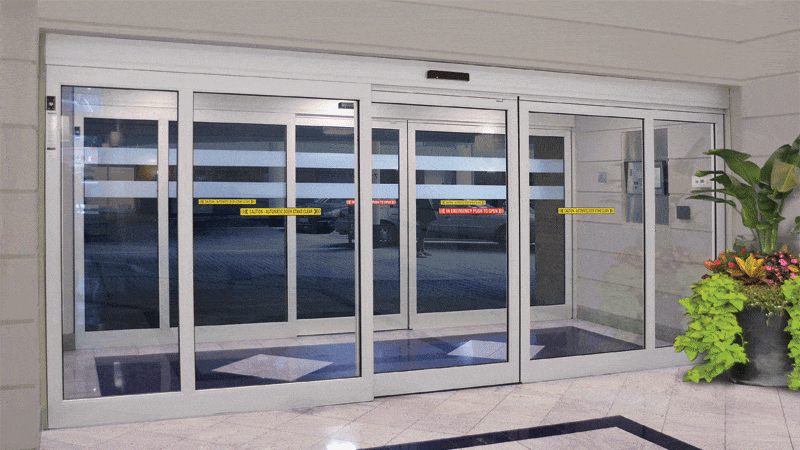Signs of Trouble: How to Tell if Your Garage Door Capacitor is Failing
Introduction
Garage doors are an essential feature of modern homes, providing security and convenience. However, like any mechanical system, they can experience issues over time. One often-overlooked component that can fail is the garage door capacitor. This small yet crucial part plays a significant role in the operation of your garage door opener. If you're wondering whether your garage door capacitor may be failing, you're not alone. In this guide, we’ll explore the various signs of trouble and how to tell if your garage door capacitor is on the fritz. By understanding these signs, you can take prompt action to avoid costly repairs or replacements.
What is a Garage Door Capacitor?
Understanding Its Functionality
A capacitor in a garage door system Have a peek at this website stores electrical energy and releases it when needed. It helps provide the necessary power surge for the garage door opener to function correctly. Without a functioning capacitor, your garage door might not open or close as intended.
Why Is It Important?
The proper functioning of a garage door capacitor is vital for smooth operation. If it's failing, it can lead to inconsistent performance or even complete failure of the garage door opener.
Signs of Trouble: How to Tell if Your Garage Door Capacitor is Failing
1. Unusual Sounds During Operation
What to Listen For
If your garage door starts making unusual sounds—like humming or buzzing—it could indicate that the capacitor is struggling to provide enough power.
Potential Causes
These sounds often stem from an electrical issue within the capacitor itself. If you hear your garage door motor running but the door isn't moving, this could point directly to a failing capacitor.
2. Inconsistent Door Movement
What Does It Look Like?
Does your garage door sometimes refuse to open or close entirely? Or does it move sluggishly one day and operate smoothly the next?
Troubleshooting Steps
Inconsistent movement may be tied to fluctuating power from a failing capacitor. Make sure to check for other issues too—worn tracks or broken springs could also be culprits.
3. Garage Door Opener Light Flickering
What Does This Indicate?
If you notice that the light on your garage door opener flickers during operation, it’s another sign something isn’t right with your system.
Connection to Capacitor Issues
A flickering light often suggests low voltage supply due to capacitor failure.


4. Slow Response Time
Is Your Garage Door Sluggish?
If there’s a noticeable delay between pressing the remote button and seeing any movement from your garage door, that's not normal.
Impact on Daily Life
This slow response time could lead you to believe there's a more significant problem at play, possibly involving your capacitor.
5. Frequent Breakdowns or Resets Needed
What Happens?
Do you find yourself repeatedly resetting your garage door opener? A failing capacitor often leads to frequent breakdowns requiring manual resets.
Long-Term Effects
Constant resets not only inconvenience you but can also wear out other components faster than usual.
6. Burning Smell or Smoke
What Should You Be Concerned About?
If you ever smell burning rubber or see smoke coming from your electric motor, turn off power immediately!
Why It Matters
This situation indicates that something serious is occurring inside; likely linked directly back to a failing capacitor causing overheating.
How Can You Diagnose Capacitor Problems Effectively?
Tools You'll Need
To diagnose whether it's indeed your capacitor at fault:
- Multimeter
- Screwdriver
- Safety gloves
1. Check Voltage Levels
Using a multimeter allows you to measure voltage levels within various components including capacitors themselves.
2. Physical Inspection
A visual inspection can help identify any bulging or leaking capacitors which are clear signs of failure.
FAQs about Garage Door Capacitors
1. What causes a garage door capacitor to fail?
Several factors contribute such as age, electrical surges, and general wear and tear over time leading them towards eventual failure.
2. Can I replace my own capacitor?
Yes! With some basic tools and knowledge about electrical systems you can replace it yourself; however ensure safety protocols are followed closely.
3. How much does it cost for professional repair?
Costs vary widely based on location but generally range from $100-$250 depending on service providers available such as "garage doors near me".
4. What are common signs my entire opener needs replacing?
Frequent repairs needed for multiple parts along with old age (typically over ten years) strongly suggest replacement rather than further investment into continual repairs from companies like “best garage door repair near me”.
5. How long do capacitors usually last?
Typically speaking around five years is standard lifespan but maintenance habits will affect longevity greatly!
6. Are there preventative measures I can take?
Regular servicing by professionals specializing in “garage door services” helps keep everything running smoothly while reducing unexpected breakdowns due largely because preventive tasks catch potential problems early!

Conclusion
Understanding how vital each component works—including something as seemingly minor as a garage door capacitor—can save homeowners both time and money down the line! By being aware of these signs indicating possible failures early enough allows proactive measures taken before things escalate into larger repair jobs needing commercial assistance through nearby specialists offering "commercial garage door repair near me" options readily available today! Always remember: regular maintenance goes hand-in-hand with longevity in functional performance ensuring peace-of-mind whenever operating those heavy doors daily!